June was awash with the colours of the rainbow as people from across the globe celebrated Pride month. Now in London, with the parade almost upon us, businesses have festooned their buildings with flags and emblems, but it is important to remember that this wasn’t always the case.
Over the years, we’ve seen the industry continue to make incremental changes and stand up to discrimination faced by the lesbian, gay, bisexual, transgender and queer (LGBTQ+) community.
A number of impressive milestones have been reached, most notably with the creation of Freehold, the unique networking forum for LGBTQ+ real estate professionals, who have fought to address the equality gap for almost a decade.
Other organisations such as Changing the Face of Property (CTFOP), launched its diversity initiative in 2012, and groups, such as Planning Out and Constructing Rainbows, are also now active.
In essence, the real estate sector is there to provide property advice and services to occupiers, developers and landlords. At our core, we specialise in understanding the places people live, work and play. For this reason it’s critical to recognise the issues that still exist in workplaces, homes and communities and take a stance as a group against inequality in the built environment.
Despite this, prejudice is still rife. Stonewall’s LGBT in Britain – Work Report 2018 found that one in 10 LGBTQ+ individuals is discriminated against when looking to buy or rent a property and one in four trans people are made homeless because of their sexuality. These are just two of the reasons why Pride remains so important for raising awareness of these issues and suggests we still have a long way to go.
While Pride is ultimately a celebration of the LGBTQ+ community, we should remember why we continue to march. Just recently there has been a spate of hate crimes across the UK and data from the Home Office found incidents like these have doubled since 2014. In a forward-thinking liberal society this is an outrageous statistic and more must be done to stop discrimination.
What’s more, as a global industry it’s important to recognise what happens elsewhere. The boycott of the Sultan of Brunei’s property portfolio after he criminalised gay relationships and reinstated the death penalty (which will now not be imposed) was a heartening display of solidarity that would perhaps not have occurred even a decade ago.
Ultimately, the real estate industry has traditionally lagged behind when it comes to diversity. There continues to be gaps in gender, ethnicity and socio economic equality, alongside LGBTQ+ awareness. However, it’s clear that progress has been made in all these areas in recent years.
According to research by Vodafone and Out Now, 41 per cent of LGBTQ+ people get ‘back in the closet’ when they start a new job. We want to ensure people feel comfortable and confident enough to be out and proud and look forward to seeing as many people marching in Saturday’s parade as possible so that we can continue to make this a reality in both the real estate sector and beyond.
Further information
Read more: Savills jumps 137 places in the 2019 Stonewall Workplace Equality Index
.jpg)
.jpg)
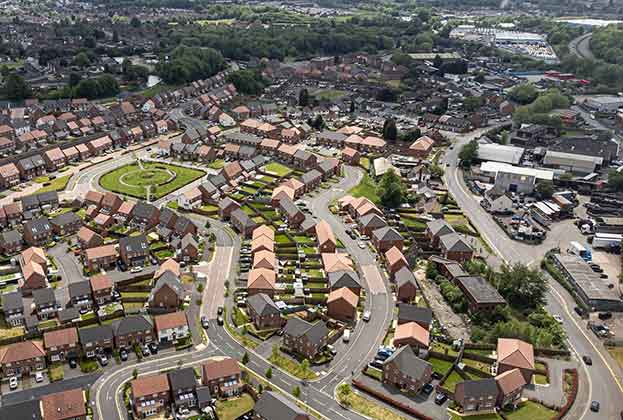
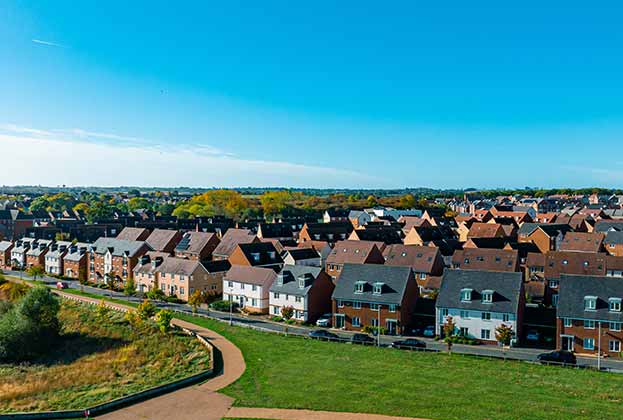
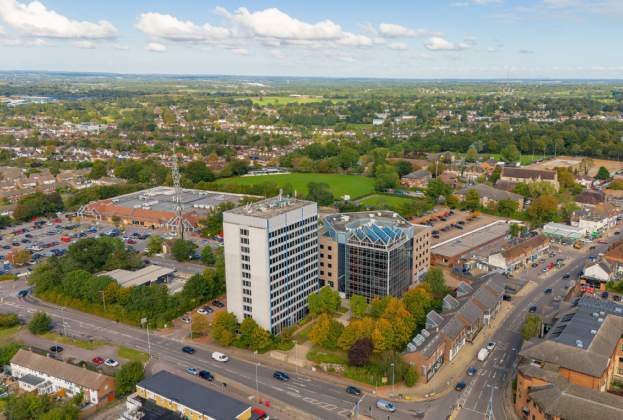
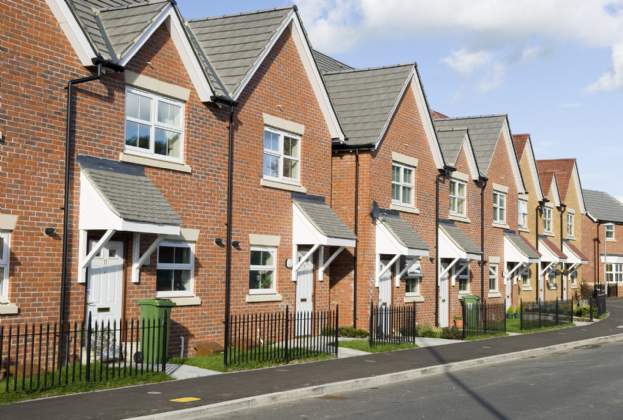
.jpg)
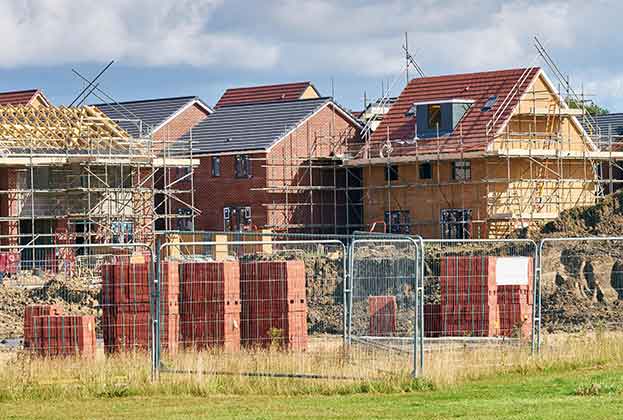
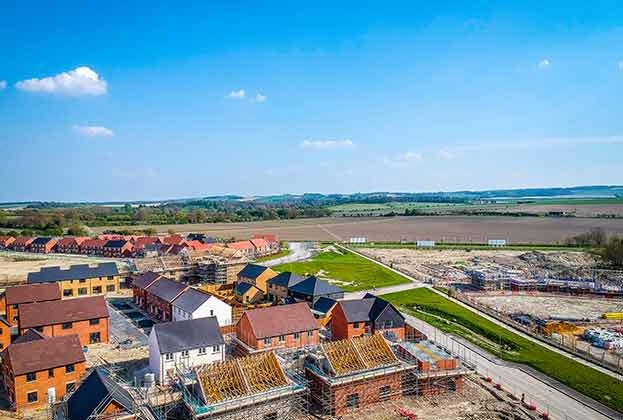
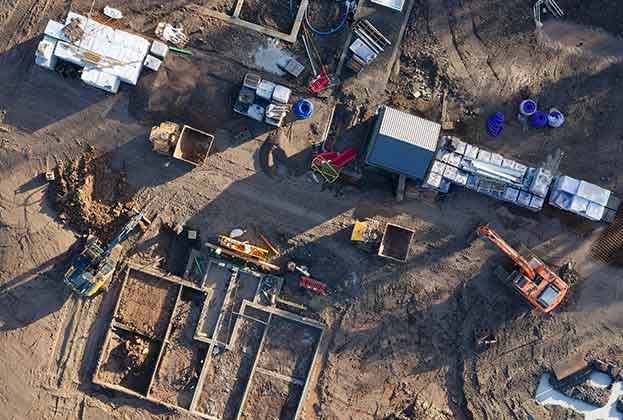
.jpg)